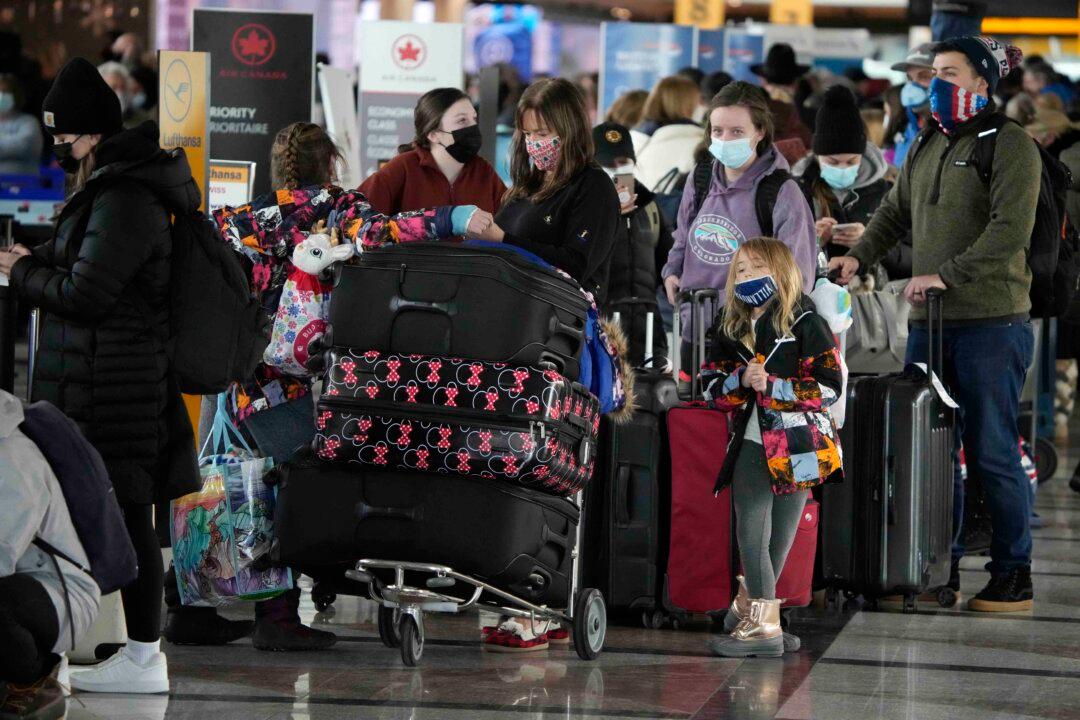OTTAWA—The House of Commons called on the government Tuesday to suspend plans by the Public Health Agency of Canada to collect data from millions of mobile phones to help understand travel patterns during the COVID-19 pandemic.
MPs passed a motion urging the government to suspend a plan to extend the collection of cellphone location data until the privacy implications are looked into.





